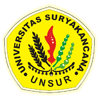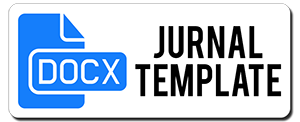- Focus and Scope
- Section Policies
- Peer Review Process
- Publication Frequency
- Open Access Policy
- Archiving
Focus and Scope
Focuss and scope MJI fields include:
- Artificial Intelligence and Pattern Recognition
- Data and Information System
- Mobile Technology and Application
- Interactive Multimedia
- Network and Web Technology
- Internet of Things
- IT Governance
- Enterprise Resource Planning
- Software Testing
- Serious Game, Gamification and Game Development
- Computer Vision
- Modeling and Simulation
- Network Management and Security
- Natural Language Processing
Section Policies
Articles
Peer Review Process
Every article that goes to the editorial staff will be selected through Initial Review processes by Editorial Board. Then, the articles will be sent to the Mitra Bestari/peer reviewer and will go to the next selection by the Double-Blind Peer Review Process, and each article will be checked by two reviewers. After that, the articles will be returned to the authors to revise. These processes take a month (four weeks) for a maximum time. In the each manuscript, Mitra Bestari/ peer reviewer will be rated from the substantial and technical aspects. They were experienced in the prestigious journal management and publication that was spread around the nation and abroad.
Publication Frequency
Media Jurnal Informatika is a periodic scientific journal published by Institute of Research and Community Service of Suryakancana University (LPPM UNSUR) twice a year in June and December.
Open Access Policy
This journal provides immediate open access to its content on the principle that making research freely available to the public supports a greater global exchange of knowledge.
Archiving
This journal utilizes the LOCKSS system to create a distributed archiving system among participating libraries and permits those libraries to create permanent archives of the journal for purposes of preservation and restoration. More...


.jpg)








